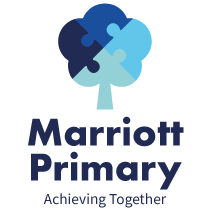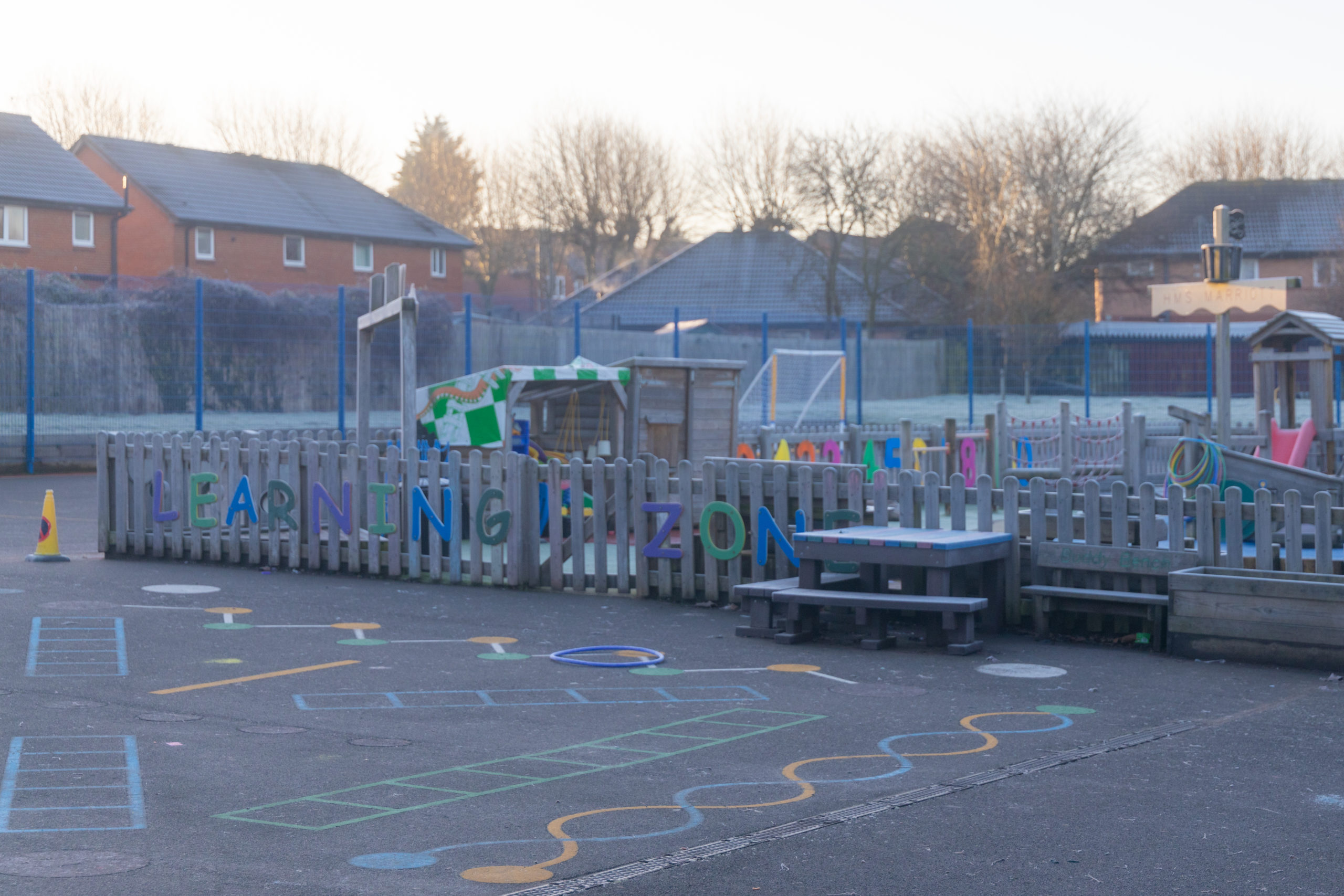Curriculum intent
Our curriculum leads to confident, independent learners. We want them to have a passion for learning and be able to adapt to the changing needs of the world. Through our broad and balanced curriculum, we will ensure that pupils are resilient, well-rounded and aware of their strengths so that they can succeed. We want them to develop the necessary attributes so that they can cope when faced with challenges, both inside and outside of school. Our curriculum is aimed at inspiring curiosity and encourages the children to become independent and enthusiastic life-long learners. Positive behaviour for learning is fundamental and sits at the heart of everything we do at Marriott.
At Marriott Primary, we want the children to be proud of their school and their achievements. We want them to recognise their potential and the role they can play in contributing to their local community and the wider world. Through our curriculum, we will strive to offer a wide-range of opportunities for the children to learn about their inclusive, diverse and multi-cultural community and the part they can play in creating a more accepting and welcoming society.
To help the children to understand and make sense of their learning we have chosen 5 themes that will be woven through the curriculum. This will enable them to remember what they have learned and make connections with new learning.
The 5 themes are:
Equality/Inequality
This theme has been chosen as it allows our children to question the world around them and to understand their place in an ever changing and diverse society.
Significance
This theme has been chosen as it allows our children to relate the curriculum to their own lives and to consider the consequences of significant events in their own lives.
Playing my part
This theme has been chosen as it allows our children to value the contributions they make to school life and how they can contribute to their community and wider society.
Conflict/contrast
This theme has been chosen as it allows our children to notice and appreciate the contrasts and differences around them, to value others’ opinions, know it is acceptable to change their minds and helps them to consider how they respond to conflict around them.
Success
This theme has been chosen as it allows children to celebrate their own personal successes in every aspect of the curriculum, and asks them to consider the barriers that they and others have overcome in order to be successful.
Further information on the curriculum
Please look on your child’s class page or ClassDojo, if you require further detailed information about the curriculum your child is studying.
Key Stage 1 and 2
Compulsory national curriculum subjects at primary school are:
- English
- Maths
- Science
- Design and Technology
- History
- Geography
- Art and Design
- Music
- Physical Education (PE), including swimming
- Computing
- Ancient and modern foreign languages (at Key Stage 2)
Schools must provide religious education (RE) but parents can ask for their children to be taken out of the whole lesson or part of it.
We also teach:
- Relationships, social and health education (RSHE)
- citizenship
- modern foreign languages (at Key Stage 1)
Tests and assessments
Year 1 phonics screening check
The check will take place in June when your child will read 40 words out loud to a teacher. You’ll find out how your child did, and their teacher will assess whether he or she needs extra help with reading. If your child doesn’t do well enough in the check they’ll have to do it again in Year 2.
We have adopted the ALS Phonics approach to teaching phonics which is based on Letters and Sounds. We use the Dandelion Books to reinforce these sounds.
Key stage 1
Key stage 1 tests cover:
- English reading
- English grammar, punctuation and spelling
- maths
Your child will take the tests in May. You can ask the school for the test results.
You’ll be sent the results of your child’s teacher assessments automatically.
Key stage 2
Your child will take national tests in May when they reach the end of key stage 2. These test your child’s skills in:
- English reading
- English grammar, punctuation and spelling
- maths
The tests last less than 4 hours. You’ll get the results in July.
The school will send you the results of your child’s tests and teacher assessments.
What does your child learn at school each day? Find information about our curriculum subjects here.

